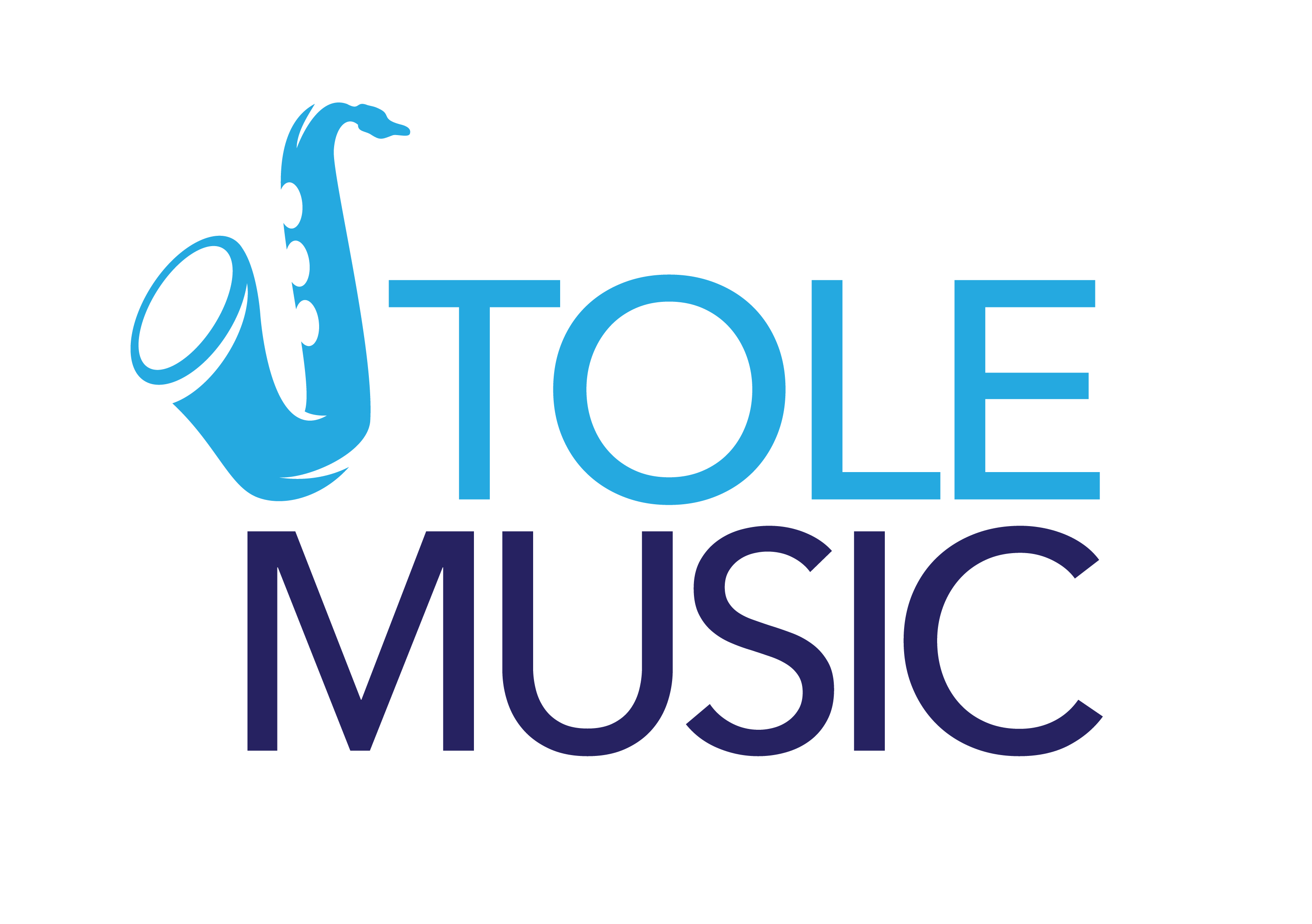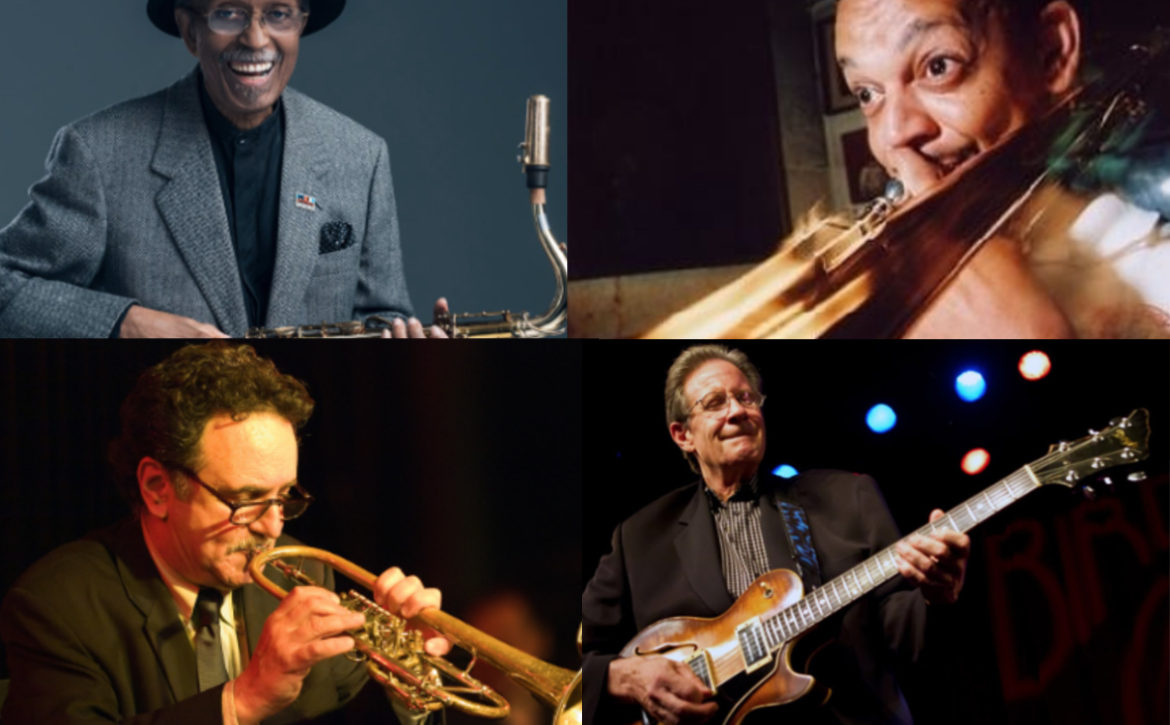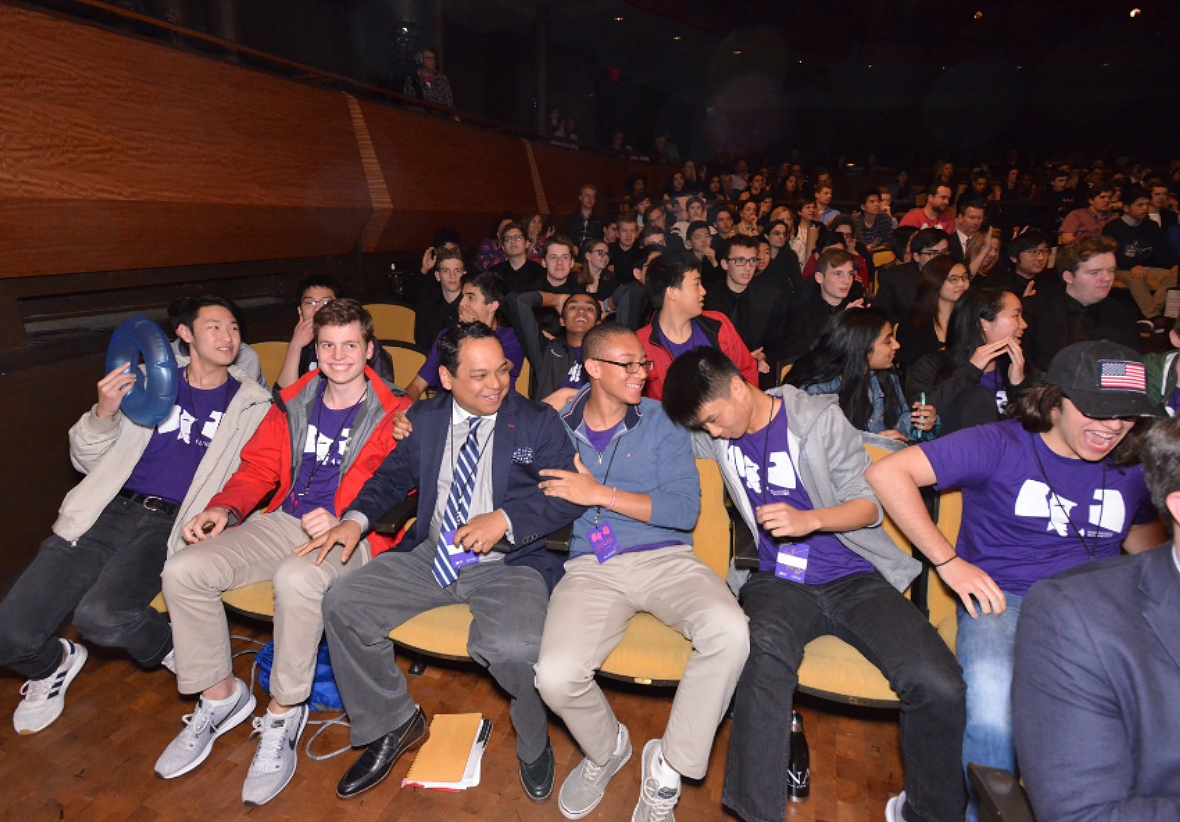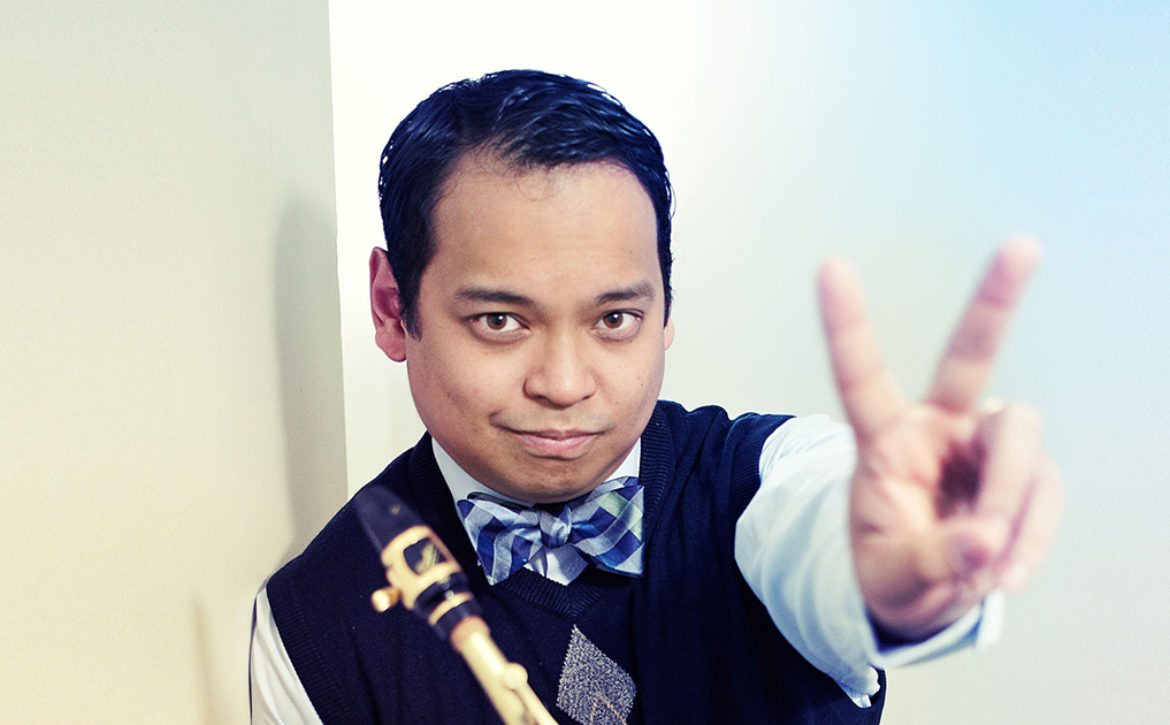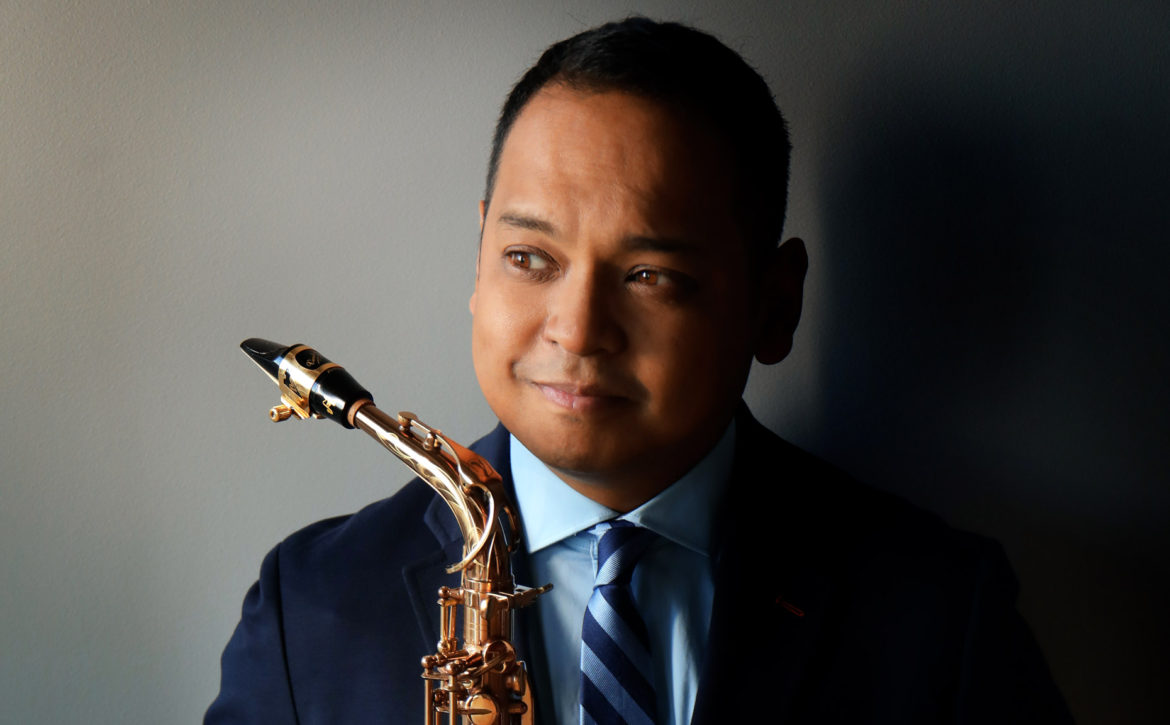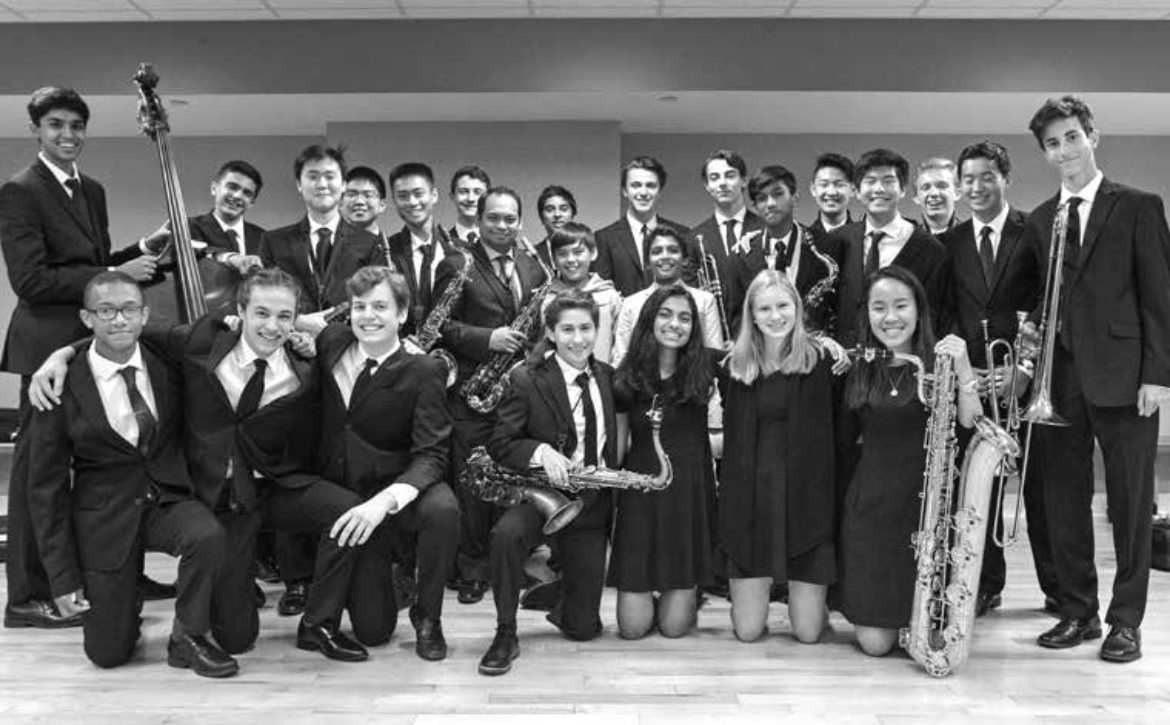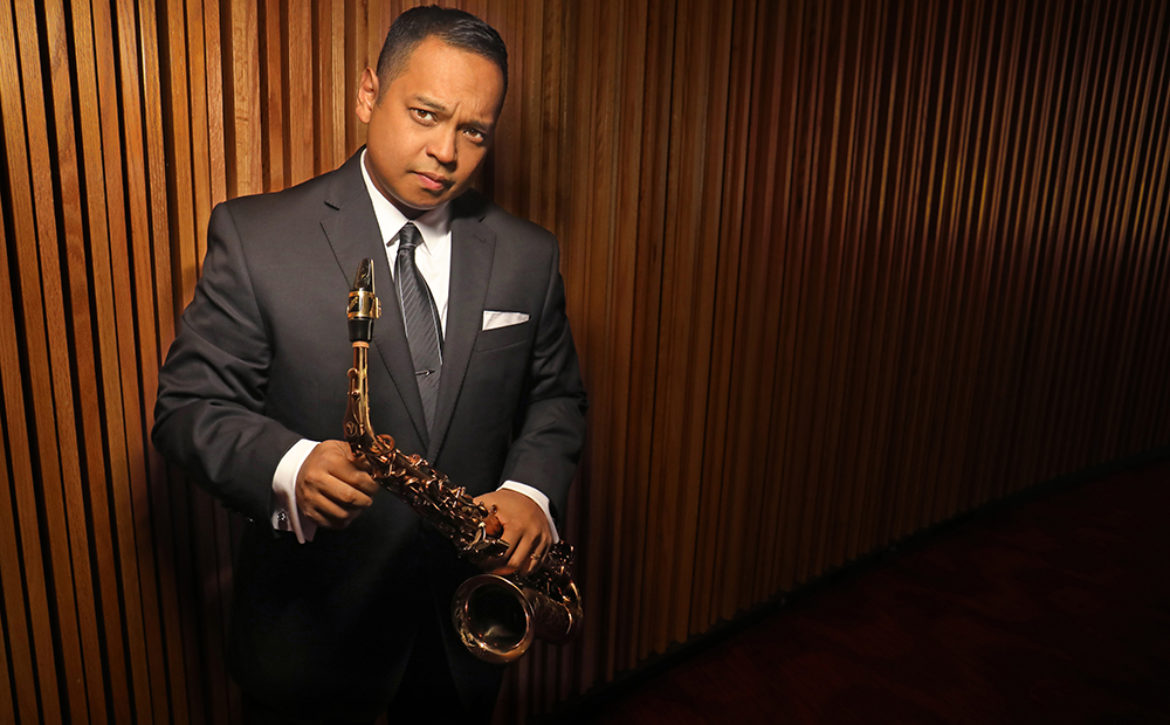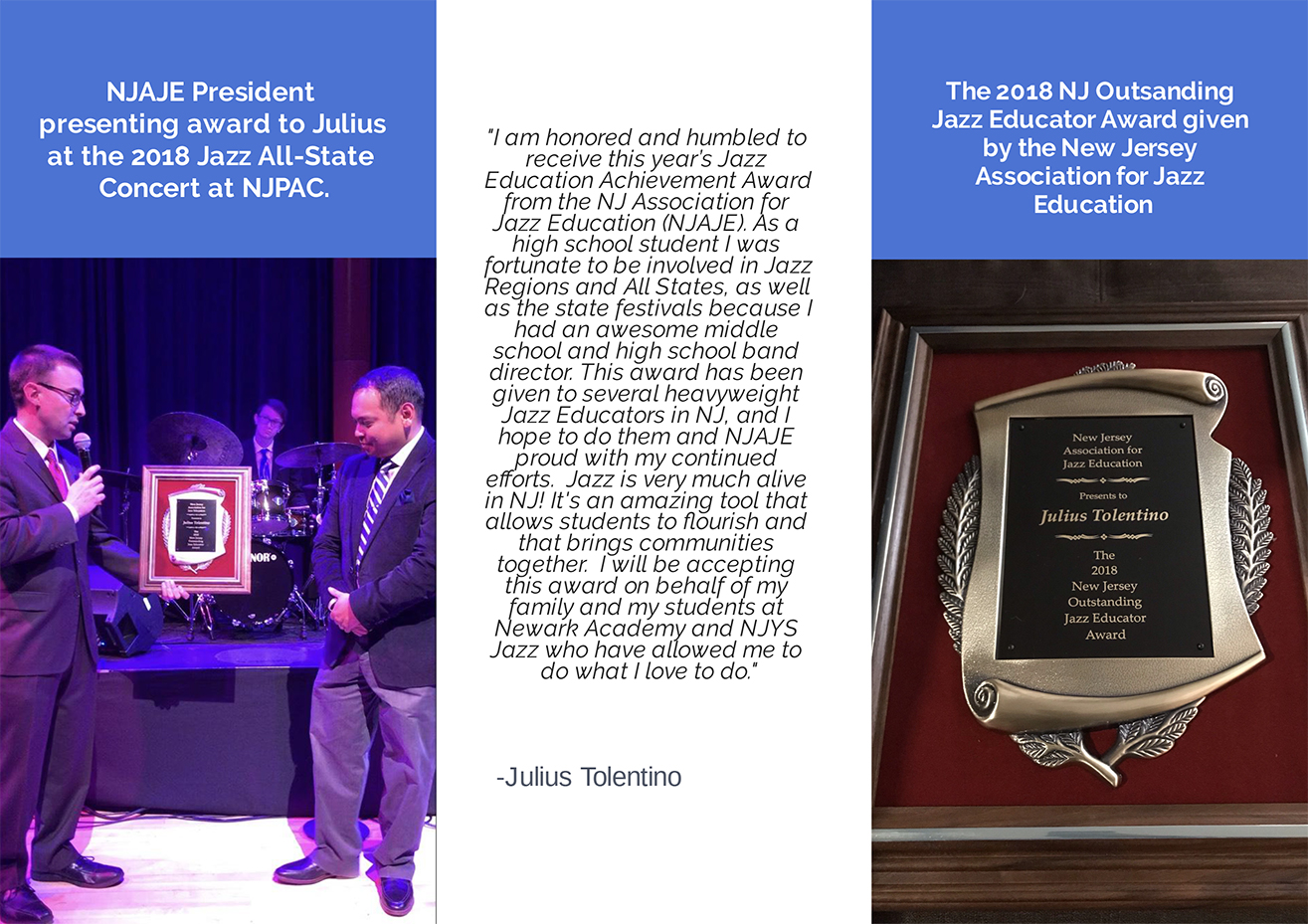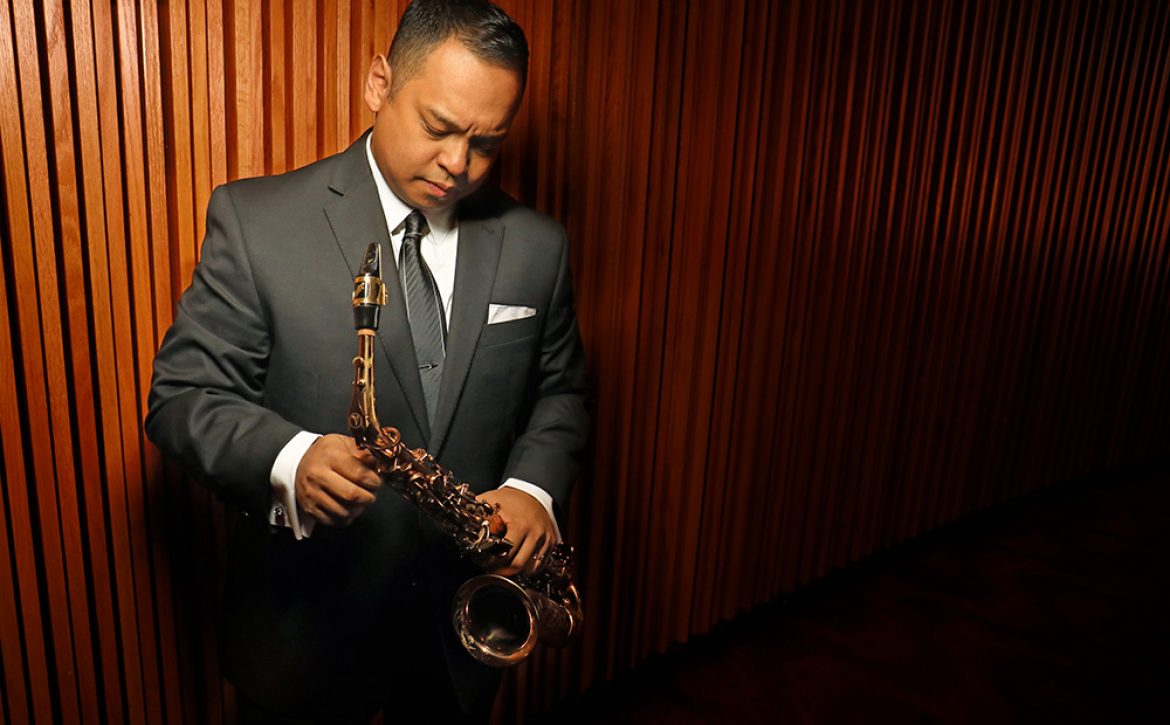Creating Reaffirming Moments and Telling Stories
Keynote Speech UNLV 2/01/2020, Las Vegas EE Regional
WR I T T EN BY JUL IUS TOL ENT INO
It’s truly been a pleasure to be working with your groups today and it’s great to have this time as directors to break bread and talk shop. 2020 has started off with a lot of losses in the jazz community, just in the wake of losing an iconic sports figure in Kobe Bryant, the jazz community has lost Vic Juris at the beginning of the year, then just a little more than two weeks after that we lost Claudio Roditi and Jimmy Heath on the same day and I just heard New Orleans trombone legend Lucien Barbarin just left us yesterday. Losing these larger than life figures you can’t help but reflect on life and how we interact with one another everyday. One of the most comforting aspects of losing these legends is hearing the inspiring stories about these amazing people. I’d to share a little story about Master Jimmy Heath. I was lucky enough to share the stage with him and I’ve had several opportunities to pick his brain, but my first real interaction with him was at a gig that I was playing. It was a Jazz Mobile gig in NY, and if you haven’t heard about Jazz Mobile it’s actually the first non for profit arts organization created just for Jazz. In addition to having a concert series, the organization runs all kinds of educational programs, and it was founded by Dr. Billy Taylor in 1964. It has a rich and long history, but all these Jazz Mobile concerts are held on this beat up little white stage that’s mobile, which they take to different locations in NY, hence the name Jazz Mobile. It’s something my Dad used to take me to when I was in high school, so I was super excited to play my first one. My roommate at the time was a trumpeter named Jeremy Pelt and he put together a sextet for this Jazz Mobile in front of the Louis Armstrong House in Queens. The only tune I remember from that concert was a blues at the end of the gig, and after my solo I remember seeing at the corner of my eye a little man in the back who was pointing to the sky. I got at a better look at this man, who was still pointing at the sky, and it was Jimmy Heath! I’m not sure why he was pointing, but he seemed liked he dug my solo. I got to talk to him after the gig and he gave me a big hug and said “We little people have to stick together.” He was super supportive, funny, very humble and for me to have an interaction like that with one of my heroes put me on cloud nine. That was a good day. And to make that day even better was that my teacher from college, Jackie McLean called me up the next day saying that Jimmy Heath called him about me and that he was proud of what I was doing in NY. Man, I was on cloud nine for more than a month after that. This was in the late 90’s and I had recently moved to NYC and for a young jazz musician just trying to get by and working hard, it was what I needed at that moment.
These moments help you to keep fighting the good fight, whatever that fight might be. We as educators have opportunities to create these kind of reaffirming moments for our students all the time.
We all have these reaffirming moments in life, especially as a developing artist or as an educator. These moments help you to keep fighting the good fight, whatever that fight might be. We as educators have opportunities to create these kind of reaffirming moments for our students all the time. As a band director your students really look up to you, and the key is not to compliment them for the sake of complementing them, but to find some defining moments in the school year that you can highlight in a rehearsal or maybe in an email or a phone call, maybe it’s like, man I was hanging with Kenny Rampton and he said you had a great sound and he couldn’t believe how young you were, that means a lot coming from him, keep doing what you’re doing. Putting your students on cloud nine will give them the reaffirmation they need to keep working. That’s one of the take aways I wanted to share with you today, create reaffirming moments in a meaningful way for your students.
The other concept I want you to take back to your band room, is to use stories to make a point. Just like I tried to do just now, use stories to motivate, to explain a piece of music, use stories to set the background or explain some history. Not just your stories, stories you’ve heard, stories about your students and definitely stories about our music, jazz music.
Whenever I play “Take the A Train” with a student band, I make it a point to tell them that the composer Billy Strayhorn, who was Duke Ellington’s right hand man, actually threw the music to A Train in the garbage and Duke took it out and wanted to play it and it became their theme song. I also make it a point to tell them that Billy Strayhorn was an openly gay black man in the 1940, 50’s and 60’s and was a human rights activist and a friend of Martin Luther King. Our music is built on stories and we should make it a point to use them as a tool to inspire our students. I’ll be the first to tell you that I am not fond of public speaking, and even when I’m working with my students I am not very chatty, some of us don’t have the gift of gab like Mr. Todd Stoll, but it’s something that I force myself to get better at because it’s engaging for students and important for the music. It’s easy for us to talk about the story of a piece, where the shout chorus is and that’s the high point of the story, or asking students to tell a story with their solos, but also make it a point to tell them that Charlie Parker practiced 11 to 15 hours a day for a three to four year period, or that Charles Mingus wrote Fables of Faubus to attack Orval Faubus an Arkansas Governor who ordered the National Guard to stop nine black students from entering a high school in Little Rock, or tell them a story of your lead alto player leaving school when he wasn’t supposed to because he forgot his horn for rehearsal. Jazz music was built on stories and will continue to be, and I urge you to keep telling your stories. Thank you again for your time, and thank you to everyone at JOI and UNLV and of course thank you to Kenny and JALC for bringing this amazing festival to Las Vegas.
